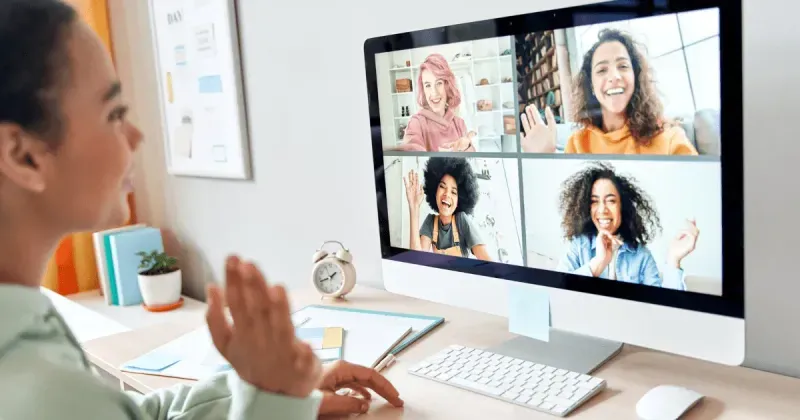

Understanding Virtual Intensive Outpatient Programs: A Complete Guide
Written by
Dr. Sarah Mitchell, Clinical Director
Published
Read Time
4 min read


Written by
Dr. Sarah Mitchell, Clinical Director
4 min read

Virtual Intensive Outpatient Programs (IOP) have revolutionized mental health treatment by making comprehensive care accessible from the comfort of your home. At Kin Therapy, we’ve seen firsthand how virtual IOP can transform lives while maintaining the effectiveness of traditional in-person programs.
A Virtual Intensive Outpatient Program is a structured mental health treatment program delivered through secure video conferencing. It provides the same level of care as traditional IOP but with the flexibility and convenience of remote access.
Virtual IOP eliminates geographical barriers, making quality mental health care available to people in rural areas or those with transportation challenges.
Attend sessions from home, reducing time away from work or family responsibilities. This flexibility often leads to better treatment adherence and outcomes.
Many clients find it easier to open up in therapy when they’re in their own comfortable environment. Virtual sessions also provide an added layer of privacy.
Without commute costs and with many insurance plans covering telehealth services, virtual IOP can be more affordable than traditional programs.
Virtual IOP is ideal for individuals dealing with:
It’s particularly beneficial for those who:
Your journey begins with a comprehensive assessment to determine if virtual IOP is the right fit for your needs. This includes evaluating your:
A typical virtual IOP schedule includes:
To participate in virtual IOP, you’ll need:
Set up a quiet, private area for your sessions. This helps create a therapeutic environment and signals to others that you’re in treatment.
Treat virtual sessions with the same commitment as in-person appointments. Get dressed, minimize distractions, and arrive on time.
Participation is key to success. Turn on your camera, contribute to discussions, and complete assigned homework between sessions.
Let your treatment team know about any technical issues, scheduling conflicts, or concerns about the virtual format.
“Virtual IOP allowed me to get the intensive help I needed without disrupting my children’s routines. I could be present for them while also prioritizing my recovery.” - Maria, Kin Therapy graduate
“As someone with social anxiety, starting treatment from home made it easier to engage. Over time, I became more comfortable and even looked forward to group sessions.” - James, current client
Virtual IOP may be a good fit if you:
It may not be suitable if you:
If you’re considering virtual IOP, the first step is reaching out for an assessment. At Kin Therapy, our clinical team will work with you to determine if virtual IOP aligns with your treatment needs and goals.
Remember, seeking help is a sign of strength, and virtual IOP makes that help more accessible than ever. Whether you’re taking the first step in your mental health journey or continuing care after inpatient treatment, virtual IOP can provide the comprehensive support you need to thrive.
Ready to learn more about how Kin Therapy’s virtual IOP can support your recovery? Contact us today for a confidential consultation.
Dr. Sarah Mitchell, Clinical Director is a dedicated mental health professional at Kin Therapy, bringing years of experience in virtual intensive outpatient programs and evidence-based treatment approaches. They are passionate about making mental health care accessible and effective for everyone.

Subscribe to our newsletter for weekly updates on mental health, treatment strategies, and recovery resources.
Your privacy is important to us. We promise not to send you spam!